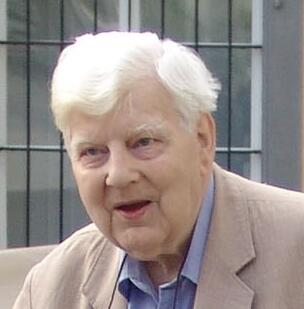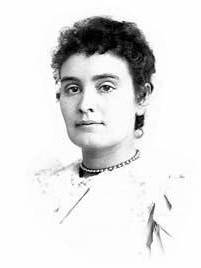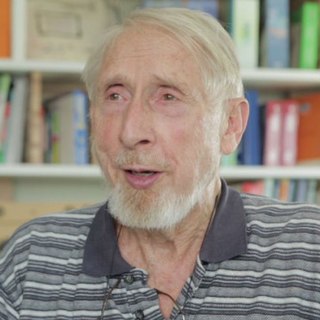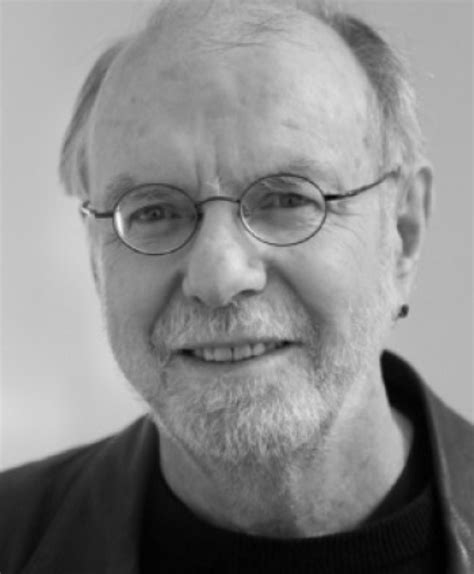A Quote by Frederick Lenz
Language is the medium of our thoughts.
Quote Topics
Related Quotes
Philosophy attempts, not to discover new truths about the world, but to gain a clear view of what we already know and believe about it. That depends upon attaining a more explicit grasp of the structure of our thoughts; and that in turn on discovering how to give a systematic account of the working of language, the medium in which we express our thoughts.
A man may take to drink because he feels himself to he a
failure, and then fail all the more completely because he
drinks. It is rather the same thing that is happening to the
English language. It becomes ugly and inaccurate because
our thoughts are foolish, but the slovenliness of our language
makes it easier for us to have foolish thoughts.
I think its a fundamental feature of images that they move from one medium to another. And this has become hyper-evident in our time with the computer, which is a kind of master-medium also and allows us to transfer data of all kinds from one platform to another, turning sounds into sights or language into image. The computer has made something that is very old evident in a new way.
We sift reality through screens composed of ideas . (And such ideas have their roots in older ideas.) Such idea systems are necessarily limited by language , by the ways we can describe them. That is to say: language cuts the grooves in which our thoughts move. If we seek new validity forms (other laws and other orders) we must step outside language.



































